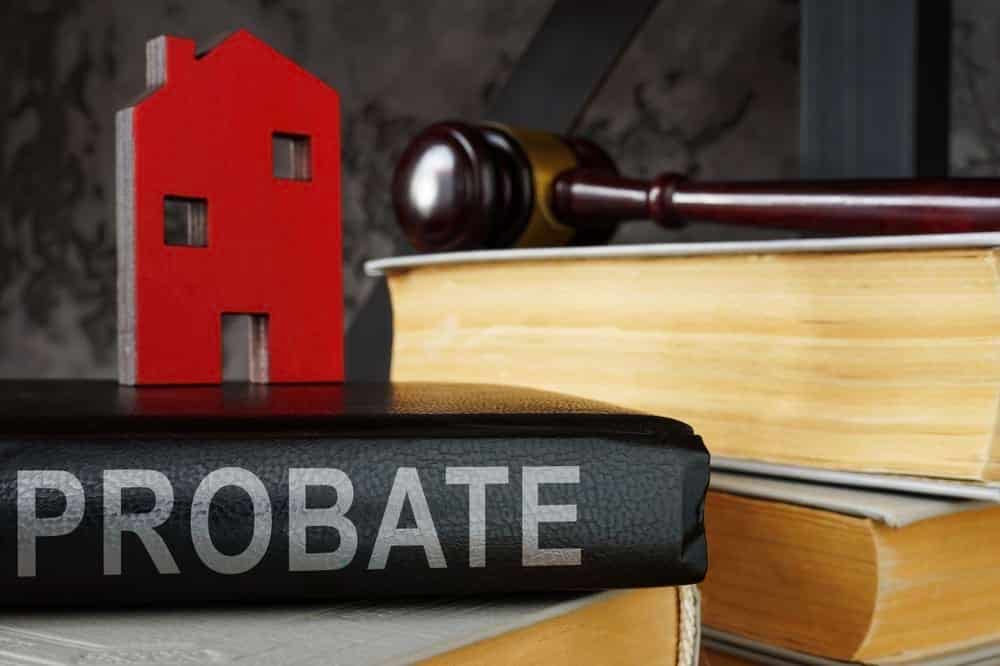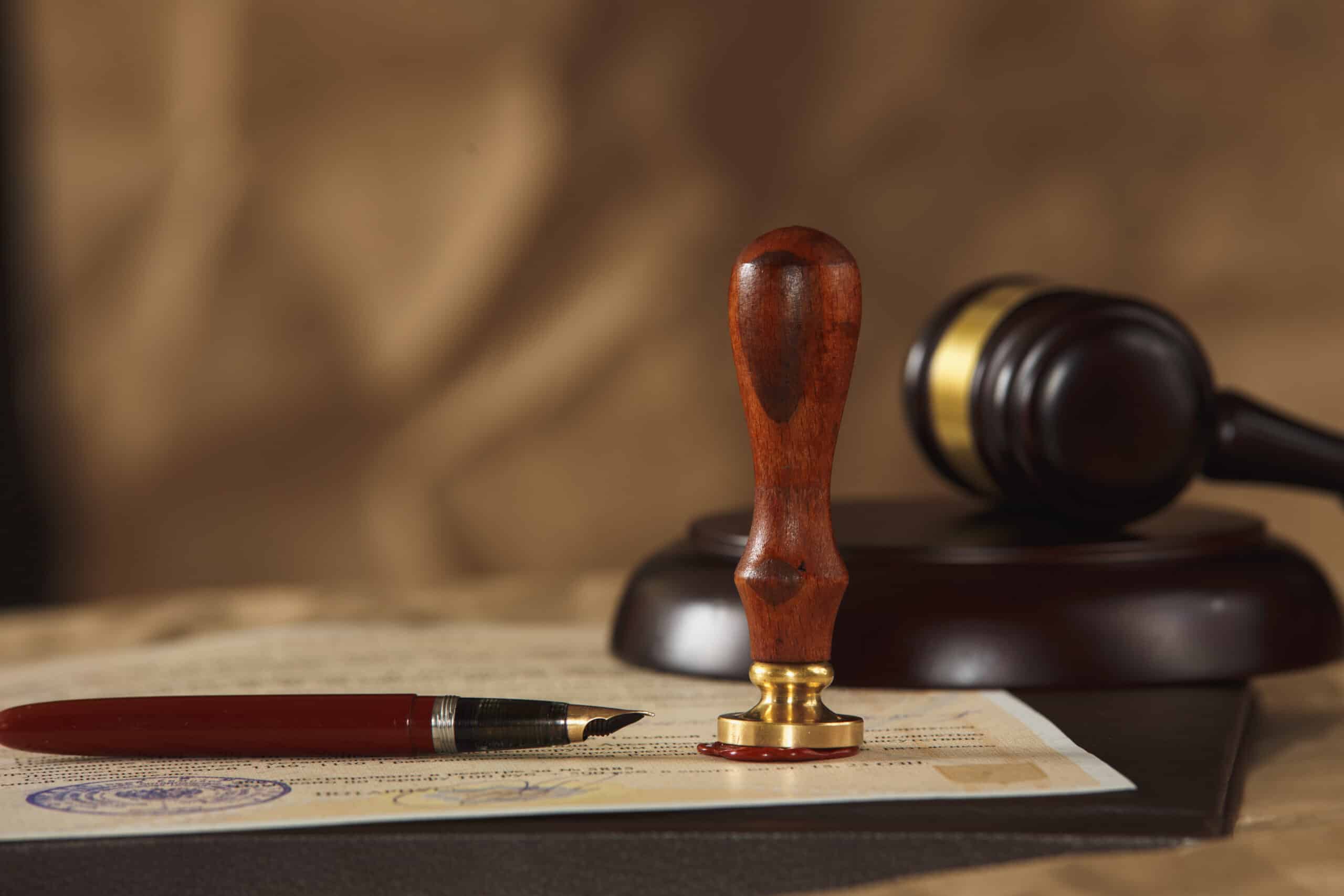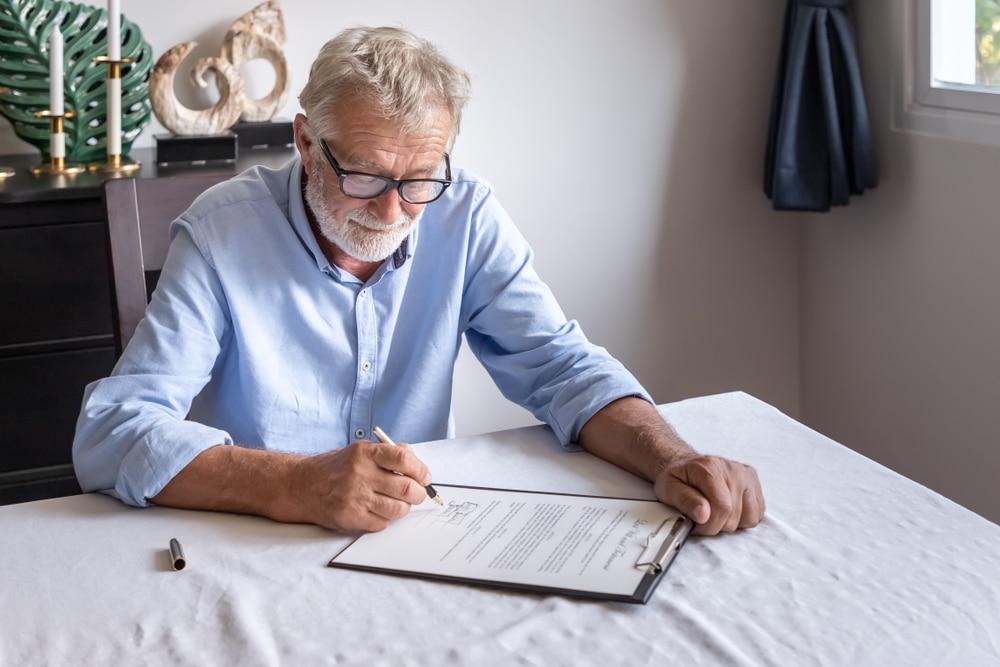A lawsuit over the will of the merchant Peter Thellusson lasted 70 years (1799 – 1859).
When it got settled, the value of the property and income inherited was the same.
It should have been much higher.
But due to currency value and inflation, legal costs had reduced it.
Today, probate takes a lot less time.
But how long does an average case take? And what factors can increase this time?
What is probate?
Probate is the name given to the legal process of reviewing a will.
Once it finishes, the executor has the legal right to distribute the deceased’s estate.
This gives beneficiaries the right to sell probate property, for example. (The largest asset on most estates is probate property.)
How long does probate take once submitted?
The average probate process takes between 6 to 12 months.
In general the more complicated a case it, the longer it takes.
Registering death (5 – 8 days)
Register the death within five days in England, Wales, Northern Ireland. It’s eight days in Scotland.
Taxes (4 months)
Inheritance tax must be paid before a grant of probate is issued.
The processing of inheritance and capital gains take alone can take around 4 months.
(In some circumstances, inheritance tax can be avoided or paid in installments.)
Even if no tax is due, an inheritance tax return is still required.
It can be made up to six months after the end of the month in which the deceased person died.
Applying for a grant of probate (1 month)
You will usually need the court’s permission to be a will’s executor.
This is applying for a grant of probate. If there is no will, it is applying for a grant of a letter of administration.
This usually takes under a month.
(If the estate is small and straightforward, or involves less than £5,000, you do not need a grant of probate.)
Disputes (6 months)
Someone might appeal to the probate registry to appeal the will.
This delays proceedings until the issue is resolved.
Their caveat can be renewed but will expire after six months if not resolved.
Other probate fees (3 weeks)
Besides taxes, there are other fees associated with probate, including:
- Solicitors’ fees: Solicitors still charge for their time. So, the more complications and delays take up, the more they charge.
- Debts and bills from the estate. This includes mortgages, utility bills, and any other owed money.
(It’s important to note that all fees will usually be taken directly from the estate.)
This should take a matter of weeks as long as you have the relevant paperwork.


















